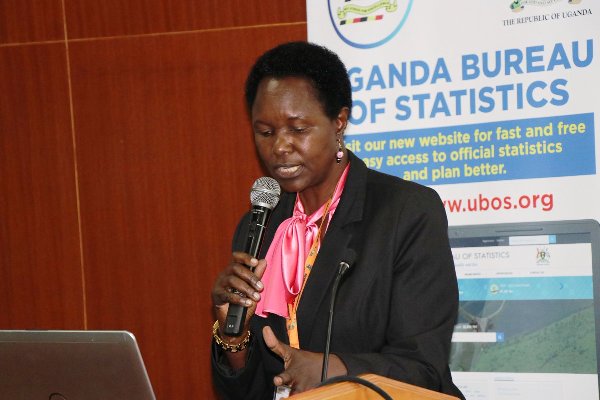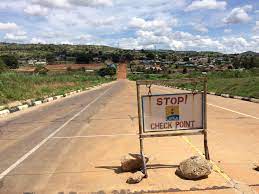Former Agriculture Minister, Victoria Sekitoleko (pictured) wants a specific Ministry responsible for overseeing complementary and alternative medicine.
Complementary and alternative medicine refers to medical products and practices delivered outside of the mainstream healthcare system. It encompasses local herbal medicines, indigenous healthcare practices, as well as imported products and practices, such as acupuncture and homoeopathy.
Sekitoleko says that the Ministry of Health in the current set-up does not have the expertise and resources to spearhead research and development in traditional medicine, a reason it has not enforced the Traditional and Complementary Medicines Law which was enacted three years ago.
The Act was passed by parliament on February 5, 2019, to, among others, regulate the use of traditional medicines. It establishes a regulatory council for traditional and complementary medicines practitioners, prohibits herbalists from using the prefix ‘Doctor’ as is the case lately and provides a fine of 20 million Shillings to those who advertise or operate without a license.
But Sekitoleko says that the law was dead on arrival since it was put under the Ministry of Health yet in other countries, there are fully fledged ministries for traditional medicines. She believes that the separation of roles is the reason Chinese medicine thrives.
“When you go to the Ministry of Health and you mention the word herbal, they do not take interest in what you are saying,” she said while making a presentation to legislators on the legal and policy framework regulating the Agro-Industrialization program on Monday.
Ssekitoleko told MPs that efforts by the private sector to hold a meeting with the Ministry officials regarding the law have not yielded fruit to date. “We wanted a meeting of those who deal in indigenous medicine convened so that the Ministry can explain to them, but we were told this is not a priority,” she said. She added that once given adequate attention, traditional medicine is big business and that this is evident with the COVID-19 advent which has been treated locally.
Aruu North MP Santa Okot said that people’s mindset about indigenous medicine needs to be changed.
Bukomansimbi Woman MP, Veronica Nanyondo said that the Health Committee on which she is a member will ask the Ministry about the status of implementing the law passed by parliament and the use of herbal medicine.
Ministry of Health has in the past noted that the Act will help crack down on quacks who claim to be traditional medicines researchers and healers by prohibiting advertisement in the media without a license or clearance by the Council.
It is also a requirement under the Act for providers to take herbs to the National Therapeutic Research Laboratory for assessment to know whether they have the necessary ingredients to treat a particular disease. The laboratory works jointly with the National Drug Authority after which the Council can issue a Certificate or license.
According to the National Medicine Policy 2015, nearly 80 per cent of the populations in developing countries use traditional medicine as a first call for treatment before visiting a health facility.
-URN





